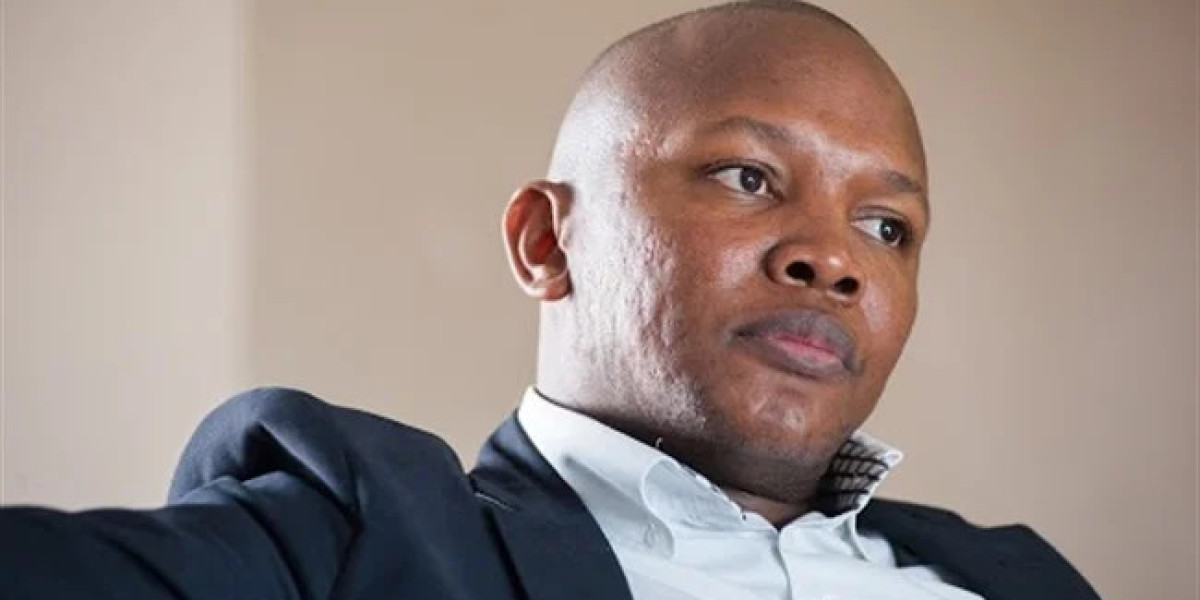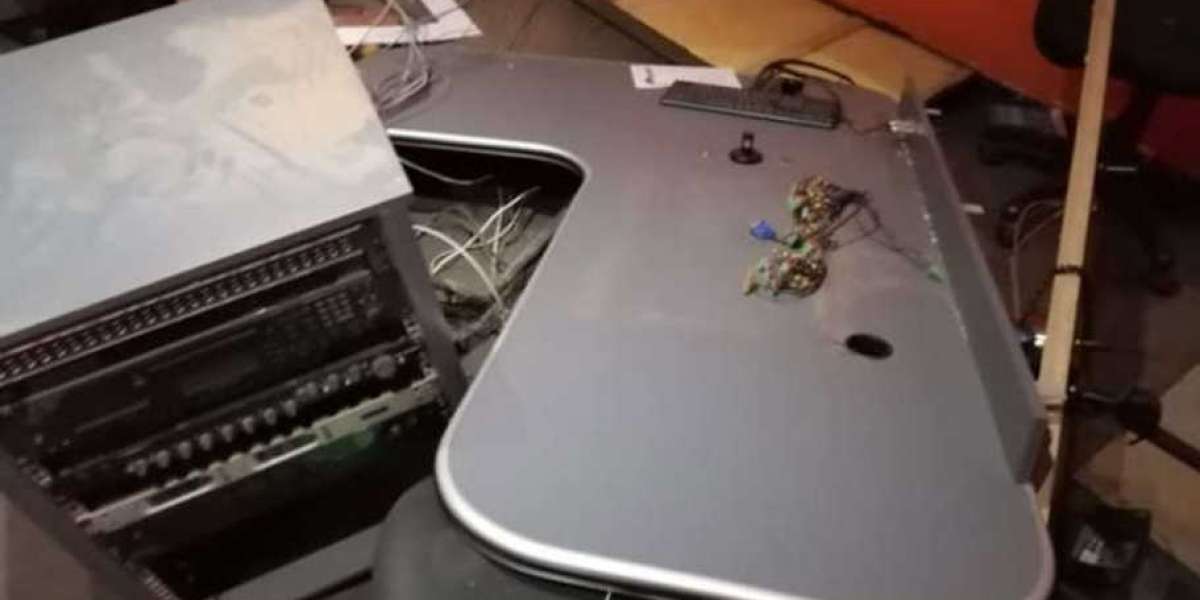This landmark decision marks the culmination of a lengthy legal battle that dates back to 2007.
In a groundbreaking verdict, the Supreme Court of Appeal (SCA) in South Africa has delivered a resounding victory for Kenneth Nkosana Makate, the mastermind behind the innovative telecommunications feature, Please Call Me. The ruling mandates telecommunications giant Vodacom to compensate Makate with a significant percentage of the revenue generated by the Please Call Me service over a span of 18 years, along with accrued interest.
The legal saga traces its origins to 2007 when Makate first asserted his claim to compensation, contending that his conceptualization of the Please Call Me feature warranted acknowledgment and remuneration from Vodacom. Despite not being directly involved in the product's development or launch, Makate's pivotal role in conceptualizing the idea during his tenure as a Vodacom finance manager formed the crux of his legal argument.
The dispute reached its zenith before the Constitutional Court, which directed both parties to engage in earnest negotiations to determine fair compensation, with Vodacom CEO Shameel Joosub entrusted as the arbiter in the event of a deadlock. However, the subsequent impasse prompted Makate to challenge Joosub's proposed compensation package of R47 million in the High Court, culminating in a protracted legal battle that culminated in the recent SCA ruling.
Central to the SCA's deliberation was the interpretation of the Constitutional Court order, particularly regarding the duration and calculation of compensation. Vodacom advocated for a conservative approach, citing its typical three-year supplier contracts, while Makate's legal team pressed for a more expansive timeframe reflective of Please Call Me's sustained success.
The SCA's verdict underscored the inequity in Vodacom's valuation methodology, deeming it unreasonable to limit compensation to a shorter duration given the enduring profitability of Please Call Me. By mandating the use of models submitted by Makate's team, the SCA effectively endorsed a more comprehensive assessment that yielded a substantially higher compensation figure.
According to Makate's calculations, the awarded compensation of approximately R20 billion, based on a 5% share of the estimated R205 billion revenue generated over 18 years, represents a watershed moment in South Africa's legal landscape. Not only does it symbolize a triumph for intellectual property rights, but it also underscores the judiciary's commitment to upholding fairness and equity in commercial dealings.
Vodacom's response, indicating a thorough review of the judgment's implications, suggests a potential reevaluation of its stance in light of the SCA's decisive ruling. As stakeholders await further developments, the Please Call Me case stands as a testament to the power of perseverance and the pursuit of justice in safeguarding innovators' rights and fostering a culture of equitable compensation in the digital age.








